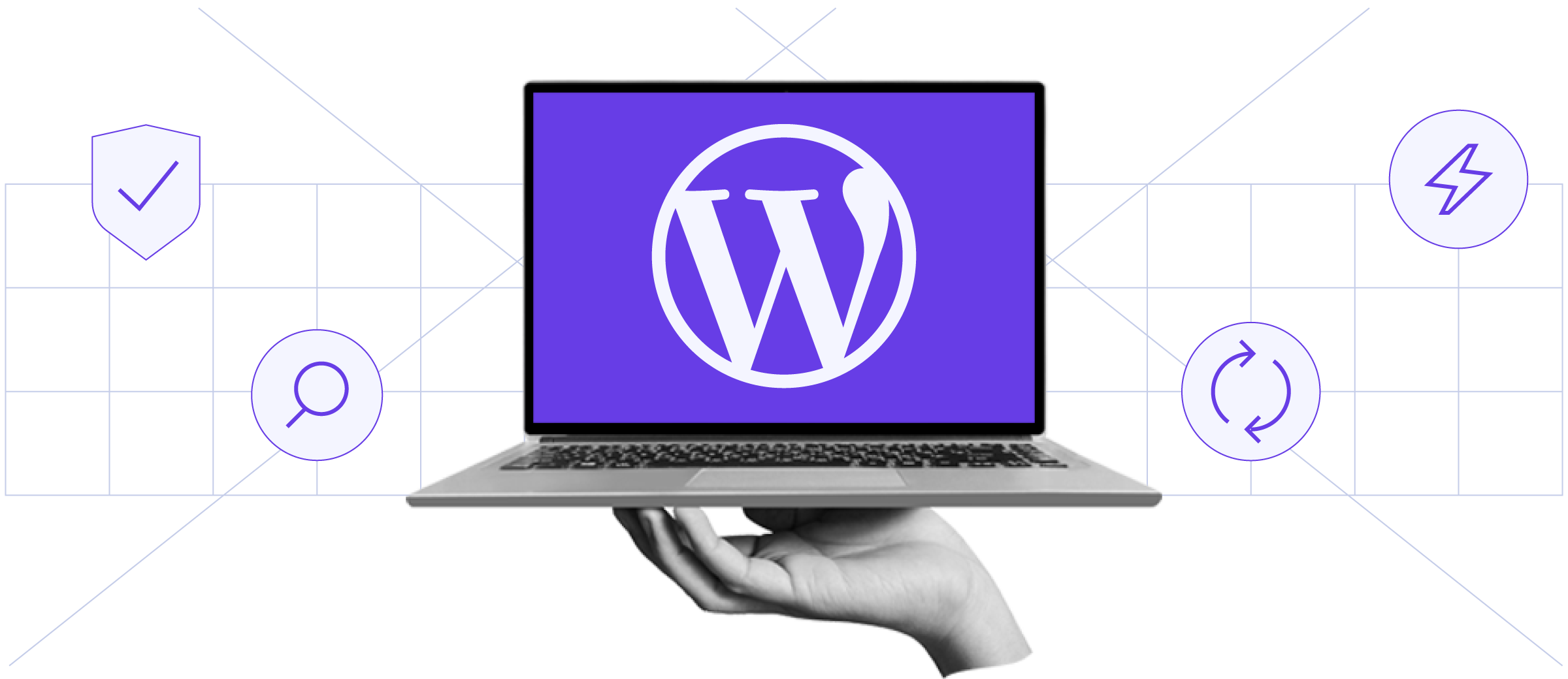There’s a saying that a year is a long time in politics. However, it’s eternity in the sector of information and communication technology. Today, we are living in 2015, where hover boards, nanotechnology and quantum internet are no longer mere figments of reverie. Moving back fourteen years from now, the world appears to be a very unalike place. Then, about 400 million people were using the internet. Now, internet penetration has crossed the 3 billion mark according to Internet World Stats. And, more than two-third of that populace is connecting to the internet via handheld devices, viz. smartphones and tablets. When smartphones were pretty much in inception phase, about a decade ago, it was thought they would remain elite consumer products for a very long time. But how wrong that prophecy has turned to be!
In the past 20 years, technology has evolved at such a colossal scale that people back then might never have thought the things we see for real now could ever exist. We have overseen the emergence of internet, e-commerce, e-mail services, smartphones and social media, and their growth into widely used means of technology, without which it’s hard to imagine human lives now. It appears that almost everything that there ever was to create, has all been created. However, those who believe that scientific innovations will come to a standstill soon are living in fallacy. Business Insider published an article recently, which gives a hint to our future. It says we’ve actually seen nothing till now and scientific innovations 20 years down from now will make previous developments look completely pale.
Spare a thought or few, and get few ideas about where the technology sector is heading now, you’ll realize how much is yet to come in scientific world, and ultimately to everyday human life. The technology world is standing at a crossroad and full of potential, and within few years, we’ll be living in the virtual world for real, dominated by artificial intelligence, virtual reality and robots. Below are 10 such emerging technologies, which appear likely to be a fundamental part of human existence in the next few years.
-
Google driverless car
Google driverless car is powered by artificial intelligence, using input from video cameras inside the car, a sensor on top of the vehicle and several radar and position sensors attached to multiple positions on the car. “You can count on one hand the number of years it will take before ordinary people can experience this.” the words from Google co-founder Sergey Brin pretty much sums up how far we are from using the machine on everyday basis.
-
Oculus Rift
Oculus Rift is the future of gaming. Developed by Oculus VR, this remarkable 3D headset gives you the feeling of actually being inside a video game. Priced at 300$, it is significantly cheaper compared to other virtual reality gadgets. Add to that, this gadget comes as a package of development kit, we can have every premonition that this is just the beginning of next-generation gaming.
-
Form 1
3D printing, the technology with which you can forge your digital design into a concrete real-life product, is not anything new for cutting-edge mechanical industries. However, personal 3D printer is certainly a ground-breaking idea. Form 1, is exactly such personal 3D printer. The price now is quite staggering at $2799 but it will surely change the way we produce in coming years. For now, let’s just hope the manufacturer cuts the price by a thousand dollar or two.
-
Parallella
Parallella is all but surefire to change how the computers will be made in future. Developed by Adapteva, simply put, these are supercomputers for everyone. These are energy-efficient and are built to process complex software simultaneously and effectually. With Parallella, everything from real-time object tacking to speech recognition will be more robust and smarter. These Linux supercomputers do not cost much either, available at just 99$.
-
Google glass
Google is taking augmented reality to a whole new pinnacle with Google Glass. Its prototype was released to limited cluster in US in 2013 for 1500$, which was later expanded to general public as well in 2014. Carrying Google’s mission of producing mass-market ubiquitous computer, Google Glass allows users to view social media feeds, Google Maps, text, navigate with GPS, take photos and send messages via voice commands. Slowly, other companies are also trying something of this kind.
-
Screenless display
Touchscreen devices have boomed momentously in recent years and we are more than pleased with them. However, a new form of display technology might make touchscreen display obsolete pretty soon. A 3D image projected into space – a “screenless display” – can convey information that a 2D image presented on a screen cannot, and is close to becoming a practical reality. There are three categories of screenless display technologies evolving currently, viz. visual image display, retinal display and synaptic interface.
-
Electro-telepathic communication
Telepathy is the ability to transmit one’s thoughts into the mind of another person and vice versa. Thanks to Barcelona’s Starlab and Strasbourg’s Axium Robotics group, telepathy is on the verge of being more than mere fiction. Recently, participants located about 8,000 kilometers away from each other were able to communicate simple greetings between their minds via internet. It uses series of electrodes attached to transmitters on a person’s scalp to read the patterns of brain activity.
-
Liquid data storage devices
All kinds of data surrounding us are in solid form ultimately, from data in cell phone to that in cloud server. The problem with this is that the solid storage devices are smashable. However, things may change pretty soon with the advent of liquid storage devices. Researchers at University of Michigan and New York University have succeeded in designing a method to store digital data in liquid form. 1TB liquid storage can ideally fit in a tablespoon and this means storage capacities will dramatically increase in coming years.
-
Nanotechnology
Nanotechnology, which is the technology at nano level, allows for remarkable precision and provides a way to copy nature’s work at its most basic functioning. Nano is a very small unit of measurement. To put it into context, nanometer is one-billionth of a meter. Nanotechnology is growing in just about every field from engineering and computing to medicine and manufacturing. In medicine, often referred as nanomedicine, nanotechnology means we can prevent or cure diseases at the root level before they spread over the body.
-
Quantum internet
Researchers have been working at using quantum technology to make the internet a lot safer. The technology in question for this is quantum key distribution or QKD. Using this technique, internet networks transfer photons in definite quantum states to create a cryptographic key. Using quantum key distribution, data can be encrypted over ordinary, non-quantum networks due to its higher degree of mathematical complexity. The research is underway and we can expect it to be the next genesis of today’s Internet.
Technologies come and go. Some keep up their early promises and go on to become integral part of our lives forever, while some fail utterly and are soon forgotten. As new technologies come and replace the old ones, they also change the way we live. With every evolvement in technology, we soon have to adapt to them and begin to live in an entirely different way. Over the years, we’ve seen technology change our lives in so many ways and in so many different aspects. Often, technology is condemned for jeopardizing our lives in one way or the other, whether it is for making us too much technology-dependent or for slaying our precious time by making us tech-addicts. However, it should be remembered that technology is a tool and how we use them entirely depends on us, be it for good or for bad. Here below are 8 different aspects of human life, which technology has changed.
- Communication
The days of message passing via pigeons and Morse code seem like fairytale to present generation. We remain connected to our kinsfolk 24 hours a day through mobiles and internet. Technological feats in communication have led to situations where we forget to talk to our neighbors but chat for hours and hours to people overseas.
- Eating
Evolution of technology has completely changed our food habits. In the past, people would mainly eat whatever they could prepare in their houses. However, in modern times, due to impact of advertisements and ease to find nearby dining places, dining outside and ordering branded food items have become very common.
- Computing
Computing started through abacus in the ancient times. It developed gradually into Pascal’s calculator and later Babbage’s analytical engine. Computing development itself was the frontrunner for technological progress. Now, we live in the world where the computing power of cell phones is far greater than that used by NASA during 60s to go to moon.
- Travel
Travel has become extremely easier because of technological progress. We can easily learn about our potential destinations and what we can do over there. It’s easy to find hotels, make flight arrangements, find travel agencies and also be safe and secure during our travels. Long gone are the days when we would have to plan our travels months earlier.
- Business
Technology itself is some sort of business and it surely has had massive impact on the way businesses run over the years. Emergence and growth of e-commerce websites has been considered one of the remarkable technological developments of the past 20 years. One no longer has to actually go to a shop to buy things and spend hours searching for the right item.
- Entertainment
Technology has provided us with endless means of entertainment. There are so many gadgets and even more ways to entertain ourselves in modern times. We can play games on the palm of our hand, read books on an E-book reader which can contain thousands of books in it and watch movies with finest theatre-like experience even at home.
- Education
They say education changes our lives. The way we educate ourselves and our children, however has been completely changed by technology. We have come through many schooling systems and over the years, methods of learning have improved. There are apps to teach kids alphabets, E-book readers to read books and smart classes where studying is a real fun activity.
- Health
We are living in the world of digital diagnostics, ultra-fast scans and digital therapy. It’s very easy to monitor our overall health situation and we can have full body checkup within a matter of few hours. It’s easy to keep our body under check, as health related information is very easy to get and medical services are very sophisticated enough. With medical advancements, it has become very rare that people die with unidentified diseases.
Technology keeps on evolving. To sustain on the long run, it should fulfill its early promises and evolve as the needs of people change. Technology should also be considerate to the environment, nature and future generations if it’s the one for future. Technology has changed our lives all the time and will continue to do so. Technology is like a stallion, we should be able to tame it or else, it can ruin our lives and fortunes. We are yet to see lots of things in technological field, as there’s no limit to human imagination and innovation. So let’s hope for better technologies in future, which also ensure better quality of human lives.






